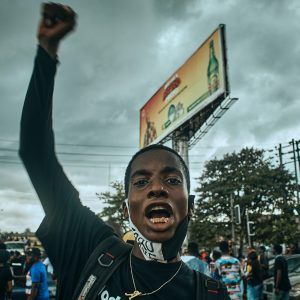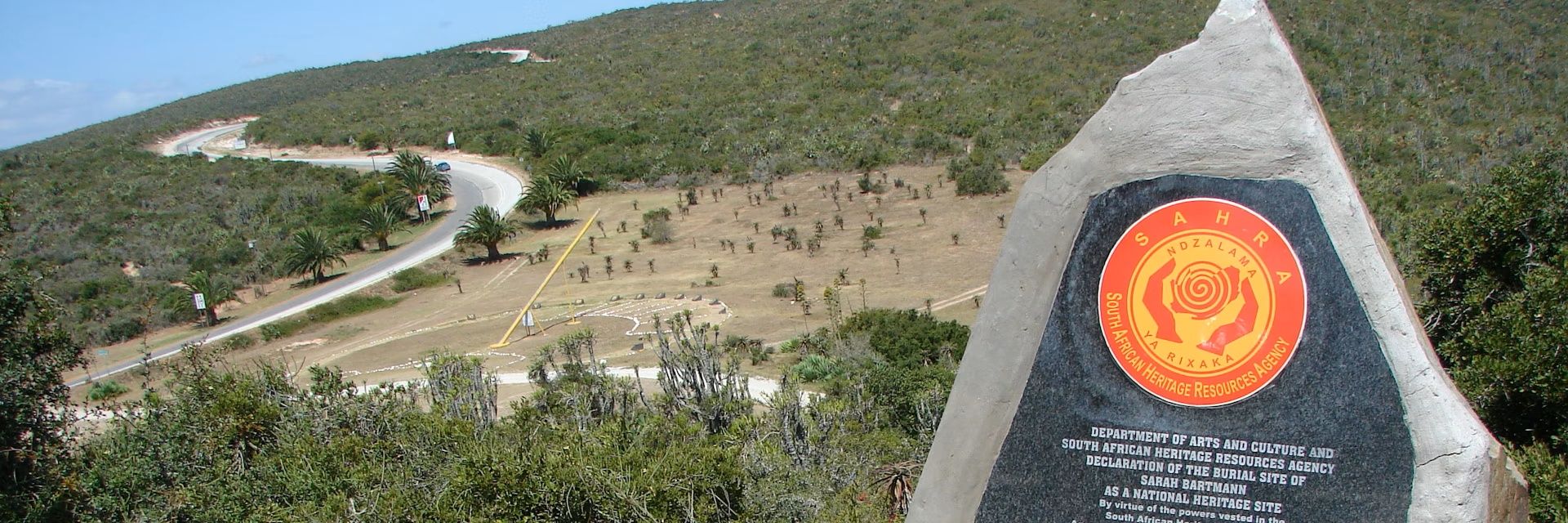Political systems have existed for as long as human beings have lived in groups. The need to authoritatively enforce certain values and rules amongst families, clans, tribes and eventually civilizations resulted in the rise and dominance of Kingdoms, which later morphed into the Governments we’re so familiar with today.
It’s safe to say that the social revolutions against absolute monarchies that date back to the 18th Century helped establish democracy as the most popular form of governance; the growing middle class felt the need to participate and contribute to the decision-making process.
The most basic presumption that democracy was and still is built on is that all citizens under this form of governance are equal, regardless of their social status. Under democracy, the buck stops with the individual. Formulating laws and regulations is part and parcel of their role in the community.
In ancient Greece, around 508 BC, Athenian citizens congregated at their assembly and deliberated on the laws and legislations that their people would live by. Of course not everyone was eligible, being a citizen in this young democracy meant that you were a non-slave, man of Athenian descent, among other things. Currently, the mere human population in most sovereign States renders direct democracy almost impossible to implement, thus making the second alternative, which is Representative Democracy, the best choice available.
Representative democracy refers to when citizens of a nation or state chose leaders to represent them and make laws on their behalf. For this to effectively work, the representatives elected have to be accountable to the citizens they make decisions for, but when their self-interests override the interests of their people, the system of governance partly ceases to be democratic because the government in charge is no longer for the people, but for itself and its selfish gains.
To what extent is Kenya a democratic country?
In a democracy, as we all know, the people elected are voted for to best represent the grievances and needs of their people. The electoral process also has to be impartial and fair to all, because this is the process that weans out the unqualified from the qualified. If you know anything about Kenyan politics, you understand that a person’s track record and competence are subordinate to their political affiliation, tribe and the heftiness of their bank accounts. Prioritising these factors above the fundamental principles from which democracy was birthed is a grave mistake, especially for a State such as ours that’s still forging its path towards steady growth and development. Our democracy has been tainted, and the form of government we’re currently under is unfortunately a disturbing cocktail of Oligarchy, Plutocracy and a hint of what we think is democracy.
An Oligarchy is a form of government in which a privileged minority hold most if not all of the political power in a country. It’s probably what our local media refers to as the Deep State. It’s a group of untouchables whose opinions and decisions override the needs and priorities of the country and its people. Plutocracy, on the other hand, occurs when only a wealthy minority is in charge of the Government. This might occur directly or indirectly, but it mostly thrives in political atmospheres where the voters are conditioned to gravitate more toward the rich than the average Joe who’s full of ground-breaking ideas and visions for his people.
The relationship between poor governance and political instability in Africa
Democracy as a form of Government in Africa has been, in certain instances, underwhelming to say the least. Partially because democracy in most African countries is superficial and the Rule of Law is considered obsolete when certain individuals in power have to account for their despotic and whimsical mode of governance.
When people lose faith in their court systems and Government, when people realize that their votes and basic human rights are second to the needs and interests of those in power, a revolution is inevitable. Because again, if the Government is of the people, by the people and for the people, why allow a select few to hijack and tyrannize the same people that gave them the mantle of power?
This in part explains why African countries have had more than 200 coup attempts collectively, with one of the latest, successful ones taking place in Burkina Faso. Of course, military takeovers aren’t the optimal solutions to these dire problems that have plagued us for years on end, but it’s hard to find another way out when abject poverty, insecurity and a violation of your basic rights as a human are all you’re getting from the Government that vowed to protect and uphold its responsibilities to its people.
I’d dare say that as Kenyan citizens, we still have the power to make the changes we deem necessary in our Government. All hasn’t been lost yet, and visionary leaders who have our best interests at heart can still be found amongst the herd that’s seeking generational wealth by squandering taxpayers’ money and resources.
Also Read: Want to Run for Office in Kenya? Here’s How Much It’ll Cost You





